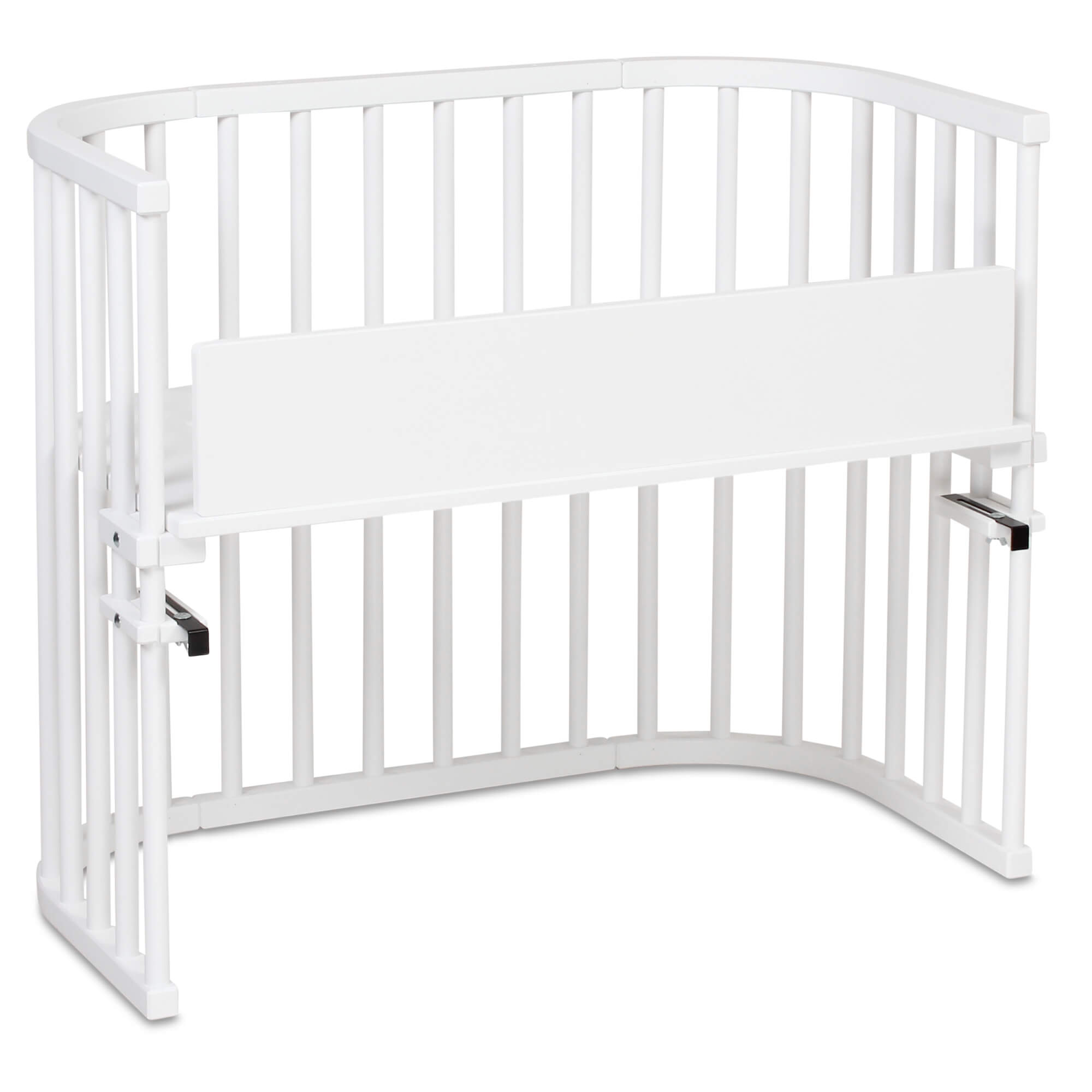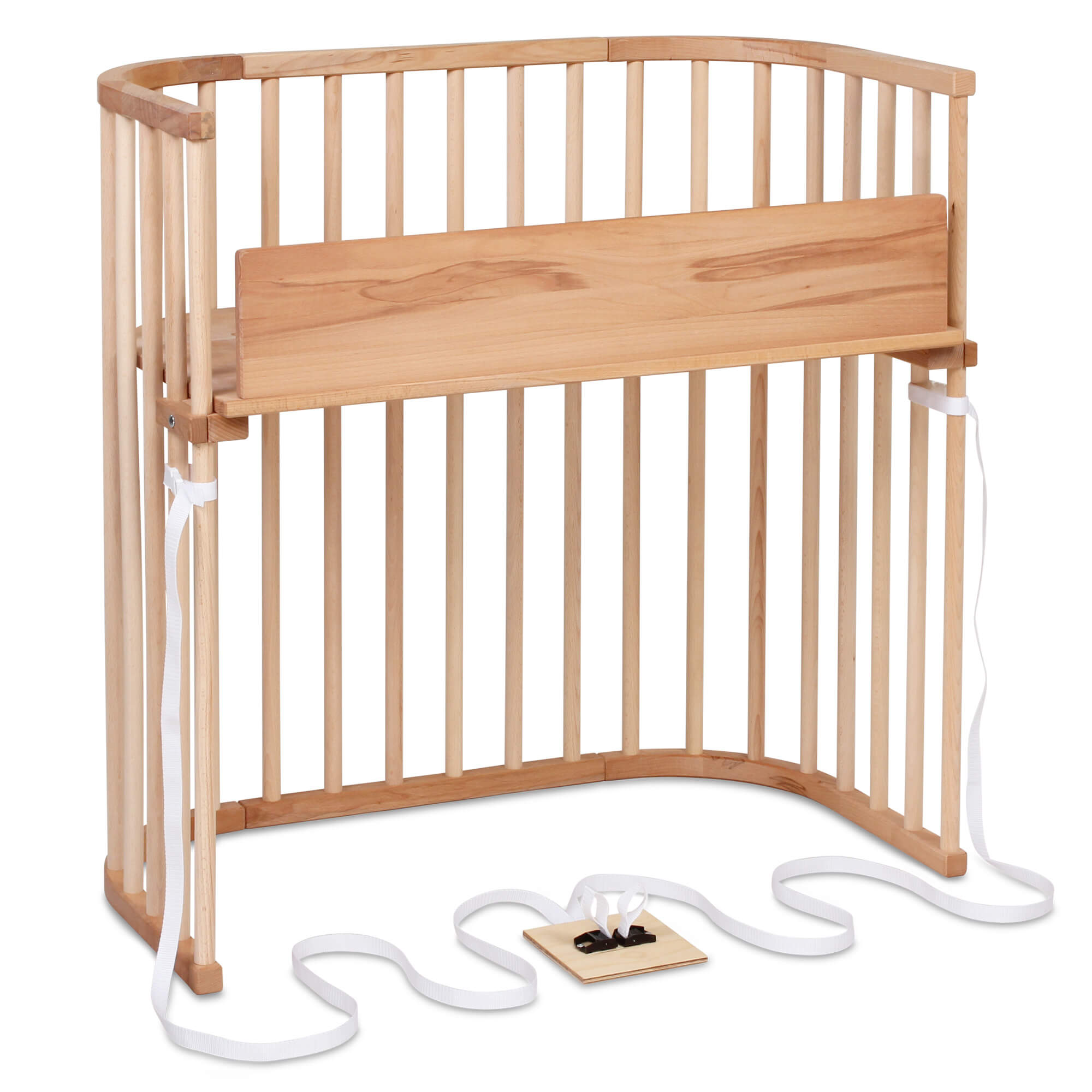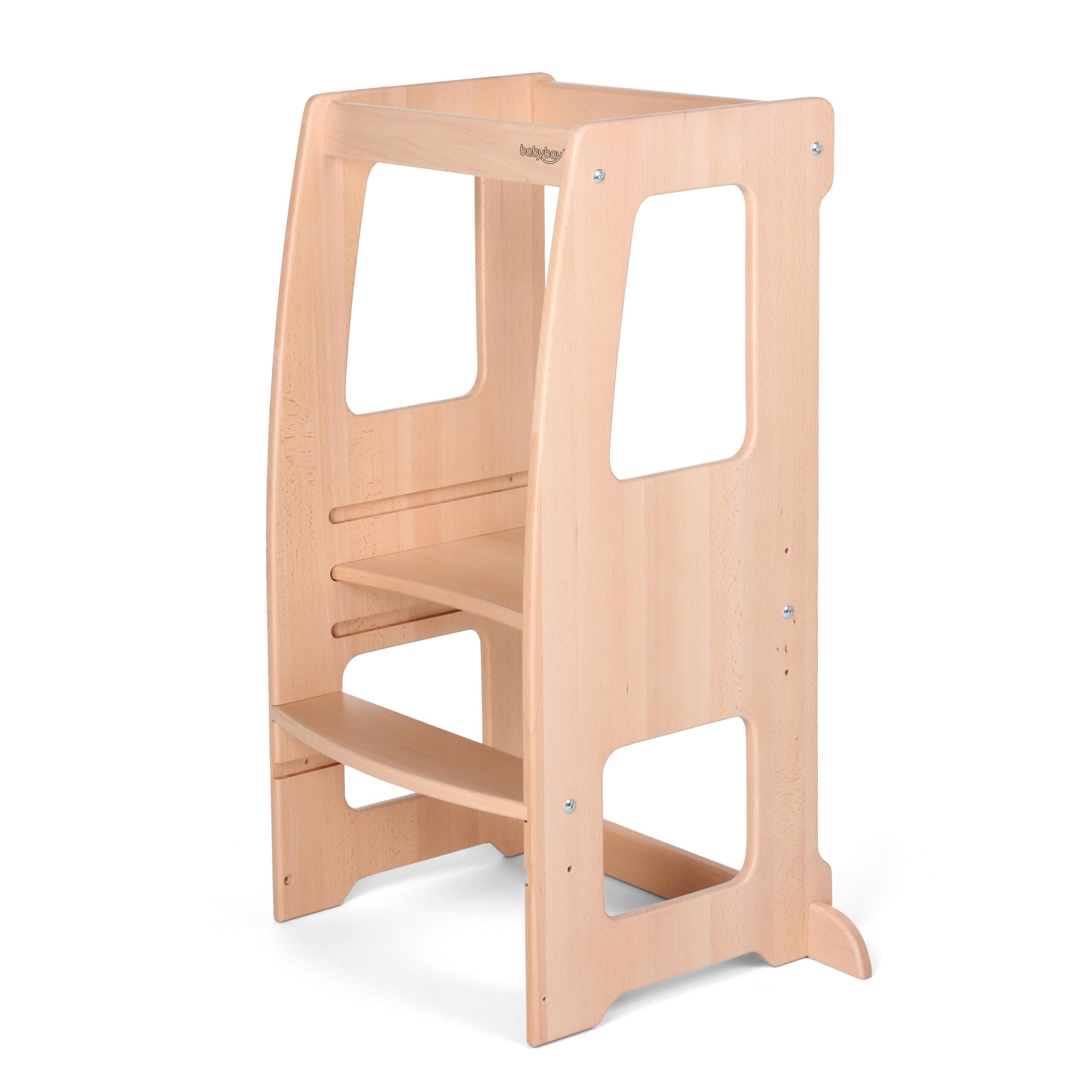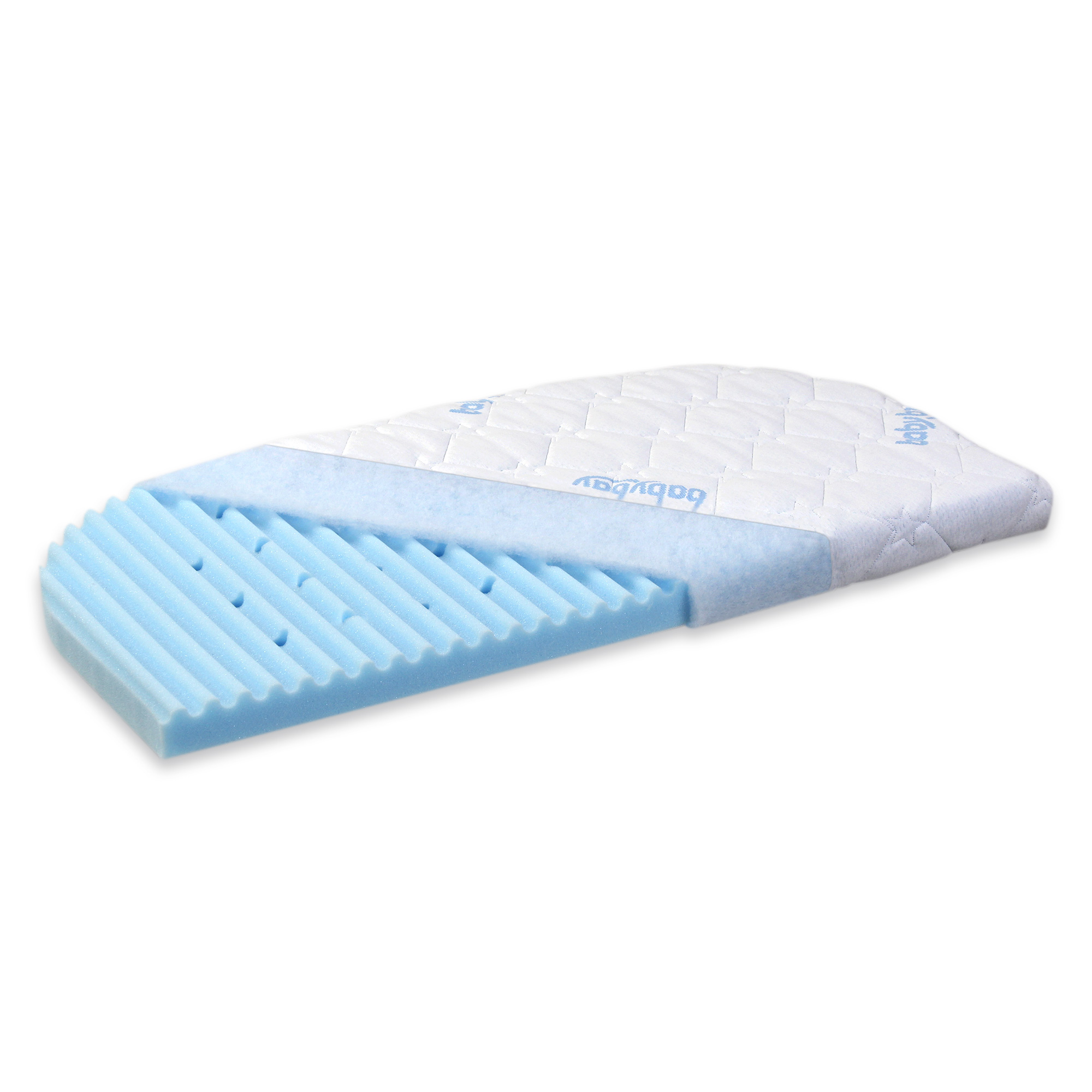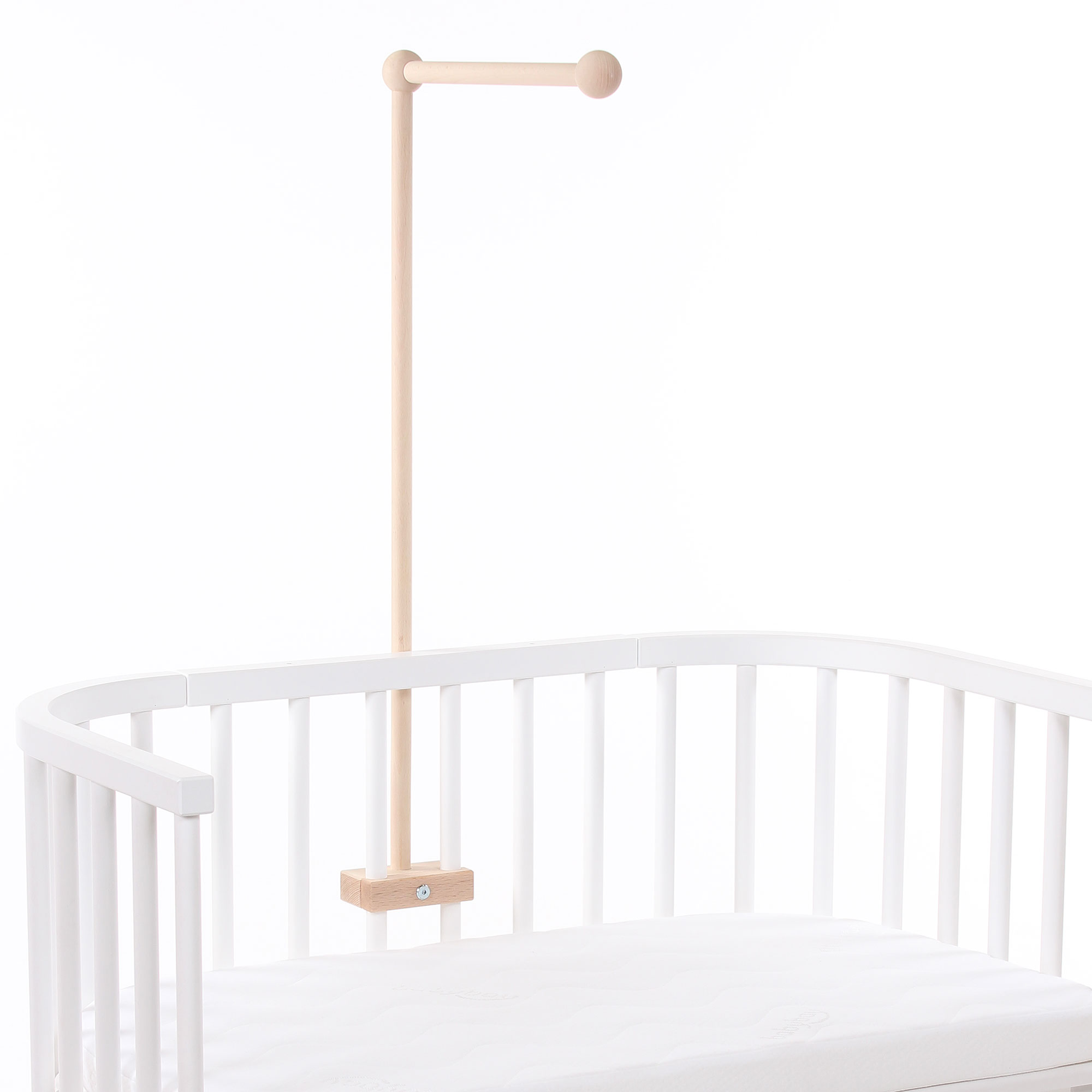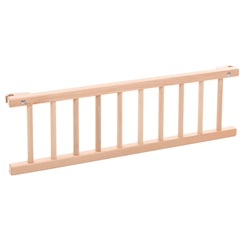If you have a newborn baby at home, then you’ve seen it all before: the yawns, the arched back, the signs of crankiness and crabiness that make it clear that your baby is in need of rest. Learning all about baby sleep cues can help you catch your baby’s signs of exhaustion in the early stages, before it turns into the kind of overstimulation that leaves them frustrated and leaves you struggling to calm them down.
So what are your baby’s clear sleep cues? And how can you catch tiredness before it becomes impossible to put them to sleep?

Sleep Cues in Newborn: How to Know Your Baby Is Ready for Rest
Once your baby’s body decides it’s time to rest, a rush of melatonin (the hormone in our bodies that makes us sleepy) is sent through their system. As soon as that melatonin rushes in, you’ll start seeing signs that your baby is in need of some shut-eye, including plenty of yawns and eye rubbing.
Some common baby sleep cues include:
- Yawns
- Eye rubbing
- Fluttering eyelids
- An arching back
- Jerking arm or leg movements
- Calls for attention
- Clinginess
- Frowns or looks of concern
When your baby is just-born, you’re likely to frequently see these signs of exhaustion.
Your little one will be tired after only 1.5-3 hours awake, and will probably need a nap every 2-3 hours up through their first birthday.
This might sound like a lot of sleep, but it’s nothing for a baby that has spent the first 9 months of their life comfortably sleeping away all day in the womb.
Your baby is using a lot of energy as they focus on growing strong and adjusting to the world around them (like developing the kind of healthy circadian rhythm that will help them know when to sleep and when to be awake). And that leaves them extra tired.
You can help them out—and help them grow big and strong!—by learning the sleep cues in newborn and catching them right as they come on.
Baby’s Sleep Cues: What They Mean

You might think that your baby’s sleep cues come on the instant they first start feeling tired, but that isn’t the case.
By the time these sleep cues start coming on, your baby is already tired.
And though you can quickly rush to get them changed and put them to bed, it’s best to try to catch your baby’s tiredness cues before they reach their peak.
Once your baby has hit an overtired state, it can be near-impossible to put them to sleep or keep them happily in a dream state.
That’s because their stress response is likely to kick in once their exhaustion levels hit a critical peak, causing an adrenaline and cortisol spike that makes falling back asleep a challenging task.
This means that avoiding an overtired baby should be a priority throughout the day, and tuning into your little one’s tiredness cues should be at the top of your to-do list.
How to avoid an overtired baby and help your newborn get the sleep they need:
- Know how many hours of sleep your baby needs every day (this helpful chart from the Sleep Foundation can help)
- Follow a consistent bedtime routine at night
- Don’t overstimulate your baby during times of day when you know they’ll need rest. Instead, allow them to be in a quiet and restful place surrounded by sounds and lighting that will nurture their body’s needs
- Don’t try to re-stimulate your baby when they’re showing signs of tiredness. Instead, allow them to get the rest they need
- Recognize your baby’s sleep cues and know when they’ve reached their energy limit so you can help them settle into sleep
How Do I Help My Newborn Get the Best Possible Sleep?
As a parent, it can be hard to know how to help your newborn sleep while also getting the nights of rest you need to feel ready for anything in the morning.

And while there are many sleep practices that parents have long-relied on to help their baby feel nurtured throughout the night while supporting mom and dad’s sleep needs too, many parents turn to safe co sleeping solutions as a way to help their baby get more rest—while also getting more (and better!) rest themselves.
Safely sleeping side-by-side not only helps reduce your baby’s stress levels and leave them ready for the day (along with a host of other benefits!), it also tunes you in to your baby’s unique patterns and habits.
That close bonding and familiarity with your little one doesn’t end when they wake, making it easier for you to make note of unique baby sleep cues and help your little one get rest—exactly when they need it!

